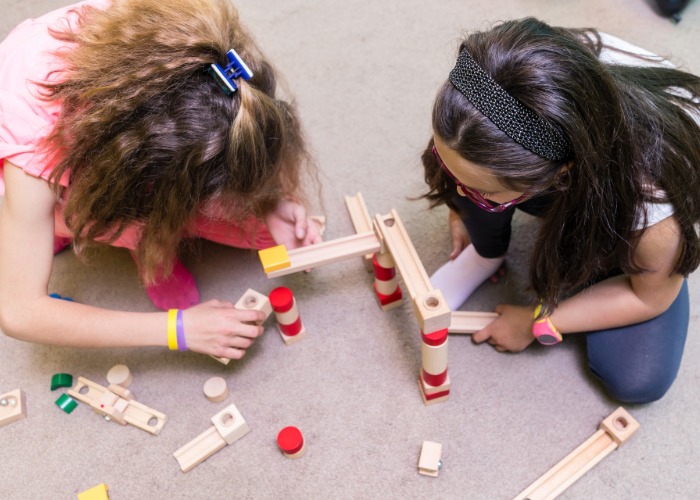In the realm of early childhood education, nurturing not only academic skills but also social-emotional learning is paramount. Equipping young learners with social-emotional skills sets the stage for a lifetime of healthy relationships, effective communication, and overall well-being. This article explores the significance of social-emotional learning in the preschool setting and delves into a variety of engaging social-emotional learning activities designed to foster these crucial life skills.
What is Social-Emotional Learning?
Social-emotional learning (SEL) is the process through which children and adults acquire and effectively apply the knowledge, attitudes, and skills necessary to understand and manage emotions, set and achieve positive goals, feel and show empathy for others, establish and maintain positive relationships, and make responsible decisions. It encompasses a number of key elements, including self-awareness, social awareness, self-management, relationship skills, and responsible decision-making. Emotional learning is a key component, teaching children to recognize and understand different emotions.
The Role of SEL in Preschool Education
Integrating social-emotional learning into preschool education is critical for several reasons. SEL activities can help students develop social skills needed to interact positively with peers and adults. Early exposure to social-emotional skills fosters emotional awareness, allowing kids to recognize and understand their own big feelings and those of others. Furthermore, social and emotional development lays a foundation for academic success, as children who can manage emotions and build relationships are better able to focus and engage in learning.
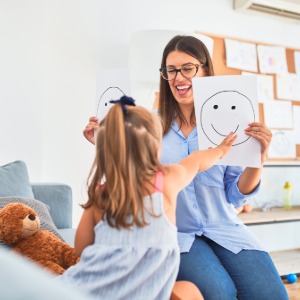
Self-Awareness and Emotional Learning
Self-awareness is a cornerstone of social-emotional learning, enabling preschool children to recognize and understand their own emotions and how these emotions influence their behavior. Emotional learning activities can help kids identify and label different emotions, such as happiness, sadness, anger, and fear. Activities might involve using stuffed animals to act out scenarios that evoke big feelings, encouraging children to express how they feel in a safe and supportive environment. Furthermore, incorporating affirmation exercises and positive self-talk strategies can foster a strong sense of self-worth.
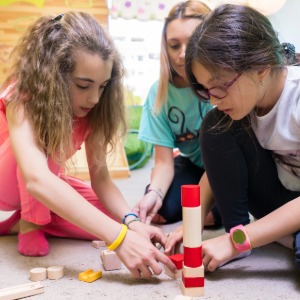
Decision-Making Skills in Preschool
Introducing decision-making skills early on can significantly enhance a child's ability to navigate social and emotional challenges. Social-emotional learning activities designed to promote decision-making might involve presenting children with simple choices and guiding them through the process of considering the potential consequences. For example, social-emotional learning activities could include role-play scenarios where children must decide how to respond to a friend who is feeling sad. These activities for preschool and kindergarten help students develop critical thinking, problem-solving abilities, and a sense of responsibility.
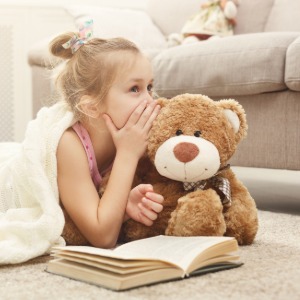
Interactive Role-Play Activities
Interactive role-play activities are a fantastic way to foster social-emotional learning in preschool and kindergarten. These activities allow kids to step into different emotions and practice responding to various social cues in a safe and supportive environment. Social-emotional learning activities may involve using stuffed animals or puppets to act out scenarios that require empathy and communication skills. By participating in role-play, students learn to understand and manage emotions, build relationship skills, and develop emotional regulation.
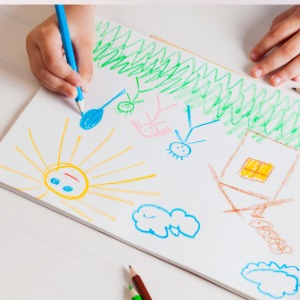
Art Activities for Emotional Expression
Art activities offer a powerful medium for emotional expression, allowing preschool and kindergarten children to explore and communicate their big feelings in a non-verbal way. Social-emotional learning activities that incorporate art can help students develop self-awareness and emotional awareness, as they draw a picture or sculpt to represent their inner experiences. These activities might involve using different emotions or colors to express emotions, creating collages that represent coping skills, or engaging in collaborative art projects that promote teamwork and relationship skills.

Using Affirmations to Build Self-Esteem
Affirmation is a potent tool for cultivating self-esteem and fostering a positive mindset in preschool children. Using affirmation to build self-esteem involves encouraging children to identify and express their strengths, talents, and accomplishments. Social-emotional learning activities can include having children create "I am" statements, where they complete sentences with positive attributes about themselves. Parents can integrate affirmation into daily routines by providing specific and genuine praise for children's efforts and achievements.
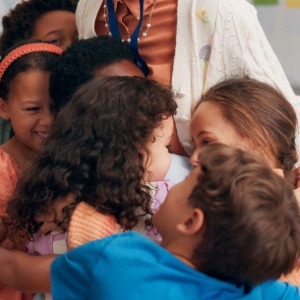
Group Study and Affirmation Sessions
Group study and affirmation sessions can create a supportive and empowering environment for preschool and kindergarten children to build self-esteem and develop social skills. These activities involve bringing children together to study concepts and share positive self-talk statements about themselves and their peers. Social-emotional learning activities may include partner affirmation exercises, where children acknowledge and appreciate each other's strengths. Parents can facilitate discussions that encourage children to reflect on their accomplishments and identify areas where they excel.
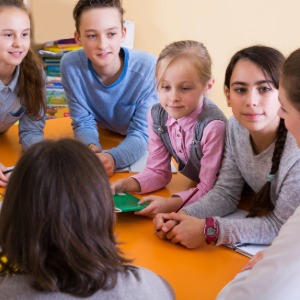
Teaching Active Listening Techniques
Active listening is a crucial social skill that enables children to truly understand and connect with others. Teaching active listening techniques involves encouraging children to pay attention, make eye contact, and show empathy when someone is speaking. Social-emotional learning activities can include games where children can be the speaker and the listener, with the listener practicing summarizing what they heard. By modeling active listening themselves, parents can help students understand the importance of respecting other perspectives and building strong relationship skills.
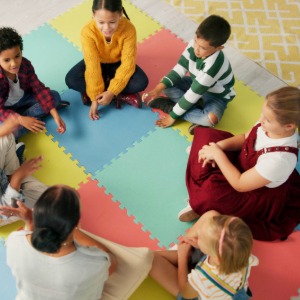
Group Discussions and Sharing Circles
Group discussions and sharing circles are effective activities for fostering social skills and building a sense of community in the classroom. These social-emotional learning activities provide a structured opportunity for children to share their thoughts, feelings, and experiences in a safe and supportive environment. Setting clear guidelines for respectful communication skills and active listening is essential, ensuring that everyone feels valued and heard. Social-emotional learning activities may involve using a talking stuffed animal to signal whose turn it is to speak, encouraging children to listen attentively.
Measuring the Impact of SEL Activities
Measuring the impact of SEL activities is essential for determining their effectiveness and making informed decisions about program implementation. Educators like M. J. I. Tutoring use a variety of assessment methods to track children's progress in developing social skills, emotional awareness, and emotional regulation. These activities may include observing children's interactions during playtime, collecting anecdotal notes on their behavior, and using social-emotional learning checklists to assess their skills. By regularly monitoring children's social and emotional development, educators can identify areas where children may need support and tailor social-emotional learning activities for their individual needs.

